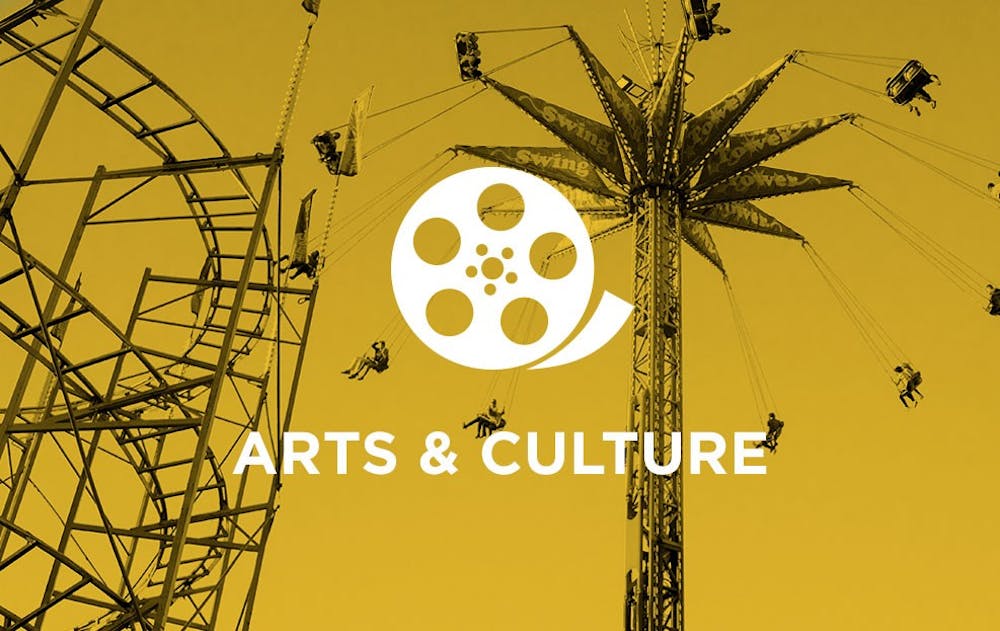Representation has been a word thrown around a lot in the entertainment industry over the last few years. We have heard about it in regards to gender, race, religion and sexual orientation among others. Within the industry, it has taken center stage as an issue that all directors, producers and actors should, and hopefully do, consider. We have made great strides recently, but for many the big picture remains unclear—why is representation in film and media so important?
The issue of representation in mainstream entertainment is complex. First, it is important to both understand and accept that what we watch in the media has a profound influence on our view of others. Whether audiences are consciously aware of it or not, the shows and movies we watch help us to build a relationship with minority groups that we may not otherwise interact with regularly.
To this point, it is pretty simple to see why inclusion of racial and ethnic minorities on screen is crucial — when someone’s only connection to a group is through his or her portrayal in the media, the media should fairly and truthfully portray that person. Consider children growing up watching television after their parents go to bed. If the only way they see African-Americans and Latinos portrayed is as criminal and dangerous, that child will internalize that idea and may act with prejudice towards particular students at school.
Another example is the historical cliché of the portrayal of women in film and media. While women account for 50 percent of movie viewers, females only made up 24 percent of the protagonists in the top 100 movies of 2017. Not only are women unfairly represented in terms of numbers, but they are also often portrayed as
emotional and family-oriented characters, in comparison to the career-focused plotlines of male characters.
Comic artist Alison Bechdel, even established a test to help viewers analyze the portrayal of women in film. The Bechdel Test names three basic criteria: "(1) It has to have two named women in it, (2) who talk to each other, about (3) something other than a man."
It seems simple, but some of Hollywood’s most famous movies fail miserably. Both "The Lord of the Rings" trilogy and "Avatar" fail. The test is not perfect, but it does force audiences to understand the discrepancy between the roles women are given in the media and the roles that women hold in society. This is one of the reasons the 2017 film "Wonder Woman" was so important — the powerful woman protagonist challenged the historical idea that men had to save the world, and women had to be rescued.
Not only is fair and proper representation important for audiences to maintain a truthful connection to different minorities and groups, but it is also important for people to see themselves portrayed in entertainment. The United States embraces a rich and thorough population full of diversity, but that diversity is not often translated into mainstream film. When minorities are given little representation in the media, it projects the idea that they are not important and that they are not seen. As a society, we have an obligation to stay committed to the variety of cultures, races and orientations that our country represents, and that means increasing representation in all walks of cultural art.
Who can make this happen? Obviously directors, producers, casting managers and other important “higher-ups” in entertainment, but the movement isn’t limited to the internal productions of film. By following and becoming involved in movements like #OscarsSoWhite, we can elevate the voices of the underrepresented. Call out your favorite filmmakers for their lack of diversity in casting and characters, and challenge the societal acceptance of the stereotypical portrayal of minorities and the marginalized.
Why is representation so important? It is important because media helps shape the nature of our culture. As Americans, we believe that anyone can do anything, and that should be mirrored in our mainstream television and film. We have made tremendous strides in narrowing the gap, but there is still a lot of work to be done. Maintaining a healthy level of criticism towards the entertainment industry makes every day audiences important to the issue of representation.

